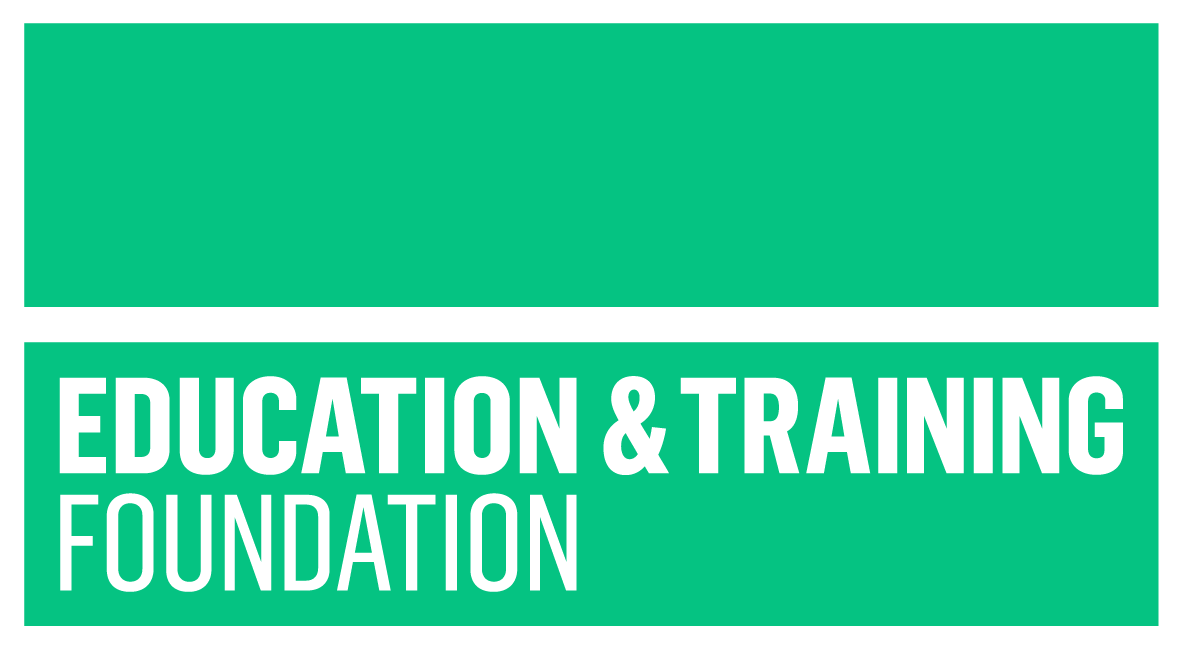Action research carried out by practitioners as part of the Department for Education (DfE)-funded Centres for Excellence in Maths (CfEM) programme has shown the potential benefits of action research as a form of continuous professional development and identified a series of adaptations that can lead to improved post-16 maths resit outcomes.
The action research was led by the 21 designated Centres for Excellence, who recruited and collaborated with other local post-16 providers. The forty projects were founded on the definition of action research articulated by McNiff and Whitehead in 2007, which was based on the “power of sharing ideas to generate new ones” and saw action research as collaborative, empowering and iterative. For these projects, researchers were encouraged to base their research on three overarching questions related to teaching for mastery in FE maths:
- Teaching for understanding: how can we develop learners’ conceptual understanding, and support their reasoning and problem-solving skills?
- Responsive teaching: how can we deliver a maths curriculum that is responsive to the gaps in learners’ skills and understanding?
- Engagement and resilience: how can we engage learners and overcome negative attitudes, anxiety and mindsets?

